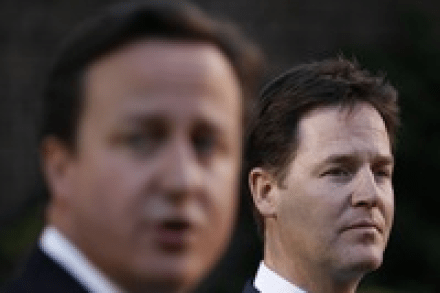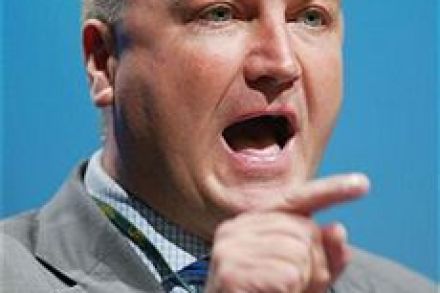Clegg: there is no future for the Lib Dems on the left
Nick Clegg has opened the political season with a very singular statement: ‘There is no future for us as left-wing rivals to Labour. Clegg urges his internal critics to be patient: the future could be yellow if the coalition is maintained. It’s a gamble. Immediately, Clegg has alienated those who abandoned Labour for the Lib Dems and his explicit disavowal of ‘left-wing’ politics will have the social democratic wing of his party reaching for their hat and coats. But, Clegg has planted his colours on politics’ crowded centre ground, recasting his party’s identity as an economically liberal and socially liberal centrist movement. Bargaining that the era of majority government is
















